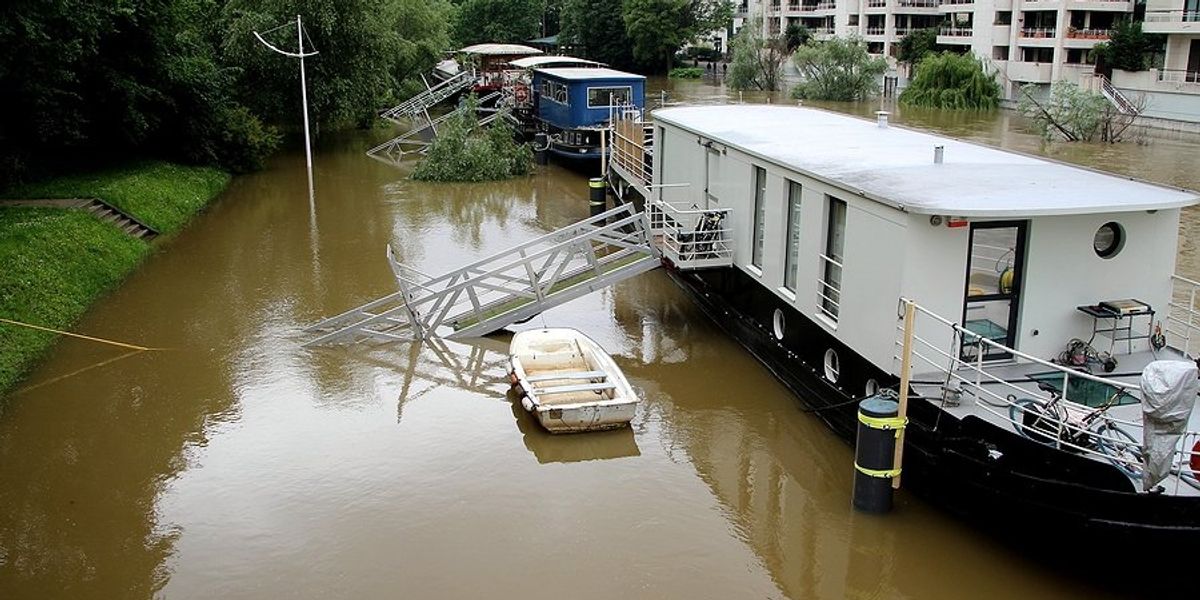
EPA plans to ease coal ash rules as industry pushes to cut costs
Coal-fired power plants may soon face weaker waste regulations, as the U.S. Environmental Protection Agency moves to roll back Biden-era rules aimed at preventing toxic groundwater contamination from coal ash.
Michael Phillis reports for The Associated Press.
In short:
- The Trump administration is considering loosening federal rules on coal ash storage and disposal, including extending cleanup deadlines and reducing enforcement, a sharp turn away from the Biden administration's tighter regulations.
- Environmental advocates warn that weakened oversight could leave communities vulnerable to contamination from heavy metals like arsenic and lead, especially near older, unlined coal ash sites.
- Industry groups argue the Obama and Biden administrations' regulations were designed to shutter coal plants, and say relaxed rules will ensure grid reliability amid rising electricity demands.
Key quote:
“They are basically just going to rubber-stamp the applications.”
— Gavin Kearney, attorney with Earthjustice
Why this matters:
Coal ash is one of the largest industrial waste streams in the United States, containing toxic elements such as arsenic, mercury, and lead. When stored improperly — especially in unlined ponds near waterways — these heavy metals can seep into groundwater and contaminate drinking supplies. Coal ash pollution has been linked to increased cancer risks and neurological harm. The 2008 spill in Tennessee, which buried homes and poisoned rivers, remains a stark reminder of the danger. More than 100 million tons of coal ash are generated annually, and much of it sits in legacy ponds at aging or shuttered plants — many without adequate safeguards. Rolling back rules aimed at closing these waste sites safely, and handing more control to states with weaker enforcement records, raises concerns of repeat disasters and long-term environmental damage.













